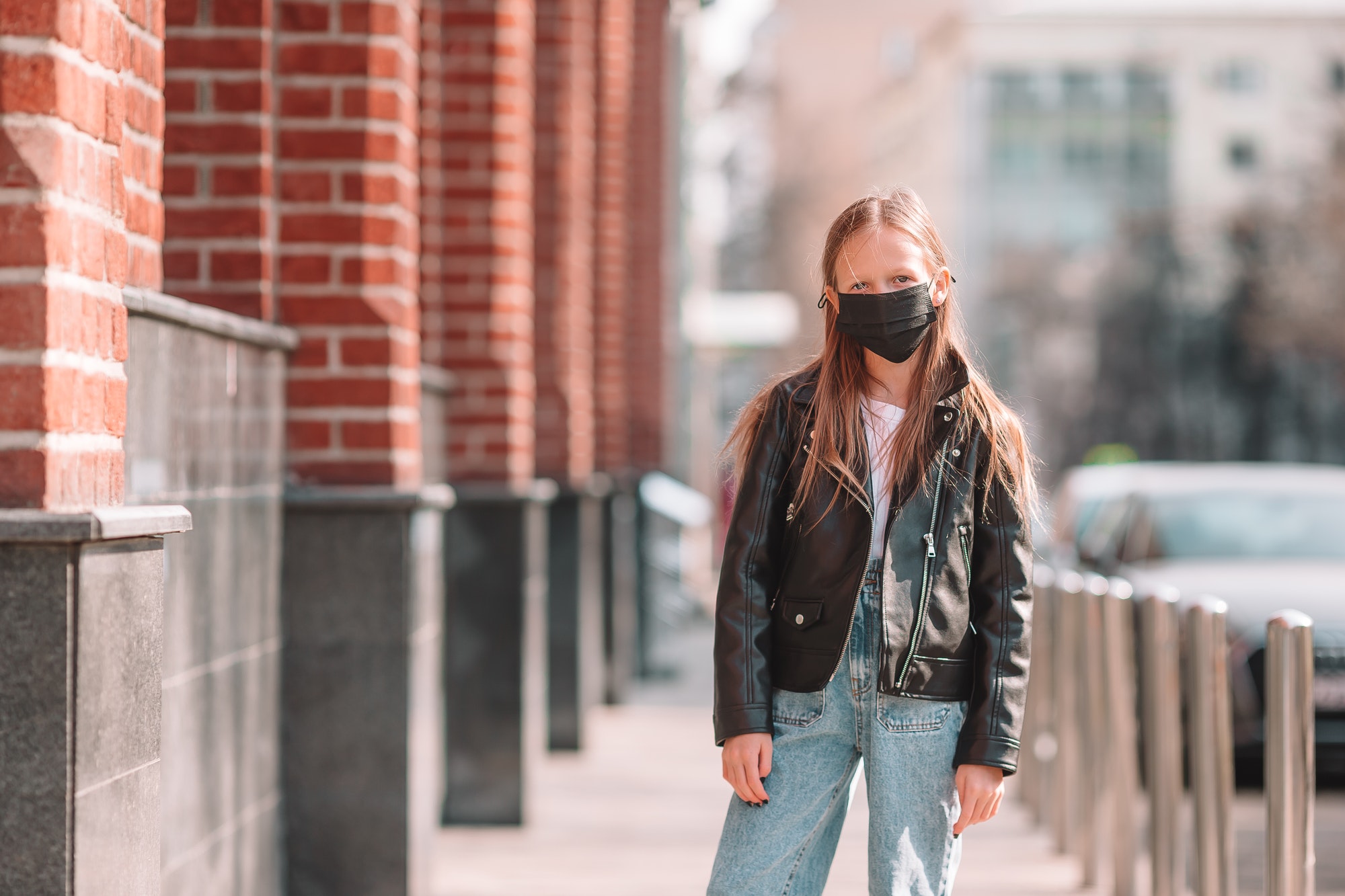Intro: Why It Matters to You
Every year, especially when it gets cold, viruses like Covid-19, RSV, and the flu start to spread more. It’s important for everyone, especially college students who live and study in close quarters, to understand these viruses and how to stay safe. This guide breaks down what these viruses are, how to prevent getting sick, and what to do if you catch one of them.
Getting to Know the Viruses
The Big Three: Covid-19, RSV, and Flu
During the colder months, these three viruses can cause a lot of trouble. Each one has its own set of symptoms and ways of spreading, but the common cold, coughs, and feeling really tired are usual signs. Knowing how they spread and what symptoms they cause can help you avoid them and keep your friends safe too.

Keeping an Eye on Virus Trends
Scientists use cool techniques like checking city wastewater and collecting health data to guess when and where the viruses will hit next. This helps hospitals and clinics get ready for more patients and reminds everyone when it’s time to be extra careful.
How to Dodge the Viruses
Masks and Shots: Your Best Defenders
Wearing masks in crowded places and getting vaccinated are super effective ways to not get sick. Even though vaccines are available, not everyone is getting them. Making vaccines easy to get and helping everyone understand why they’re important can make a big difference.
Hygiene and Space: Simple Yet Powerful
Keeping your hands clean, covering your mouth when you cough or sneeze, and not getting too close to people who are sick are some of the best ways to stop these viruses from spreading. Simple, right? But really effective!
When You Get Sick
Hospital Visits: What You Need to Know
Covid-19 is still sending lots of people to the hospital, but flu and RSV cases are up too. Knowing the warning signs of serious illness is important so you know when to get help.
Fighting Back: Medicines That Help
If you do get sick, there are medicines like Paxlovid for Covid-19 and Tamiflu for the flu that can really help, especially if you start them early. They work best for people who might get really sick, like the elderly or those with other health issues.
Remember, staying informed, being prepared, and taking care of yourself and others are key to making it through virus season healthy!

FAQs: Navigating Seasonal Viruses
Q1: How can I tell the difference between Covid-19, RSV, and the flu?
A: While symptoms can overlap, Covid-19 often includes loss of taste or smell, RSV typically hits young kids and older adults harder with breathing troubles, and the flu comes with sudden fever and body aches. If you’re unsure, it’s best to get tested or consult a healthcare provider.
Q2: Are masks still necessary if I’m vaccinated?
A: Yes, in crowded or high-risk areas, masks add an extra layer of protection, even if you’re vaccinated. They’re especially useful during high virus activity seasons and in settings like public transportation or crowded events.
Q3: Where can I get vaccinated?
A: Vaccines are available at many places, including pharmacies, clinics, and sometimes at school health centers. Check local health department websites or pharmacy chains for the nearest location and availability.
Q4: What should I do if I think I have one of these viruses?
A: Stay home to avoid spreading it, rest up, and drink plenty of fluids. If symptoms worsen or you’re at high risk for complications, contact a healthcare provider. Consider getting tested to confirm which virus it is.
Q5: How can I keep up with virus activity in my area?
A: Local health departments and the CDC provide updates on virus activity. Also, pay attention to campus or community health alerts that might indicate a surge in cases.
Q6: Can I take antiviral medications as a preventive measure?
A: Antiviral medications are usually prescribed after you’ve caught the virus and are most effective when taken early in the course of the illness. They are not typically used as a preventive measure.
Q7: Is it possible to catch two or more of these viruses at the same time?
A: Yes, it’s possible to be infected with more than one virus at a time, which can complicate symptoms and recovery. It’s another reason why prevention—through vaccination, hygiene, and masking—is so important.
Q8: How long should I stay home if I’m sick?
A: It varies depending on the virus and your symptoms. Generally, stay home at least 24 hours after your fever breaks or until you feel well enough to return to normal activities. Always follow the guidance of healthcare professionals.
By keeping these FAQs in mind, you can navigate seasonal virus activity more effectively and keep yourself and your community safer.
Sources CNN


